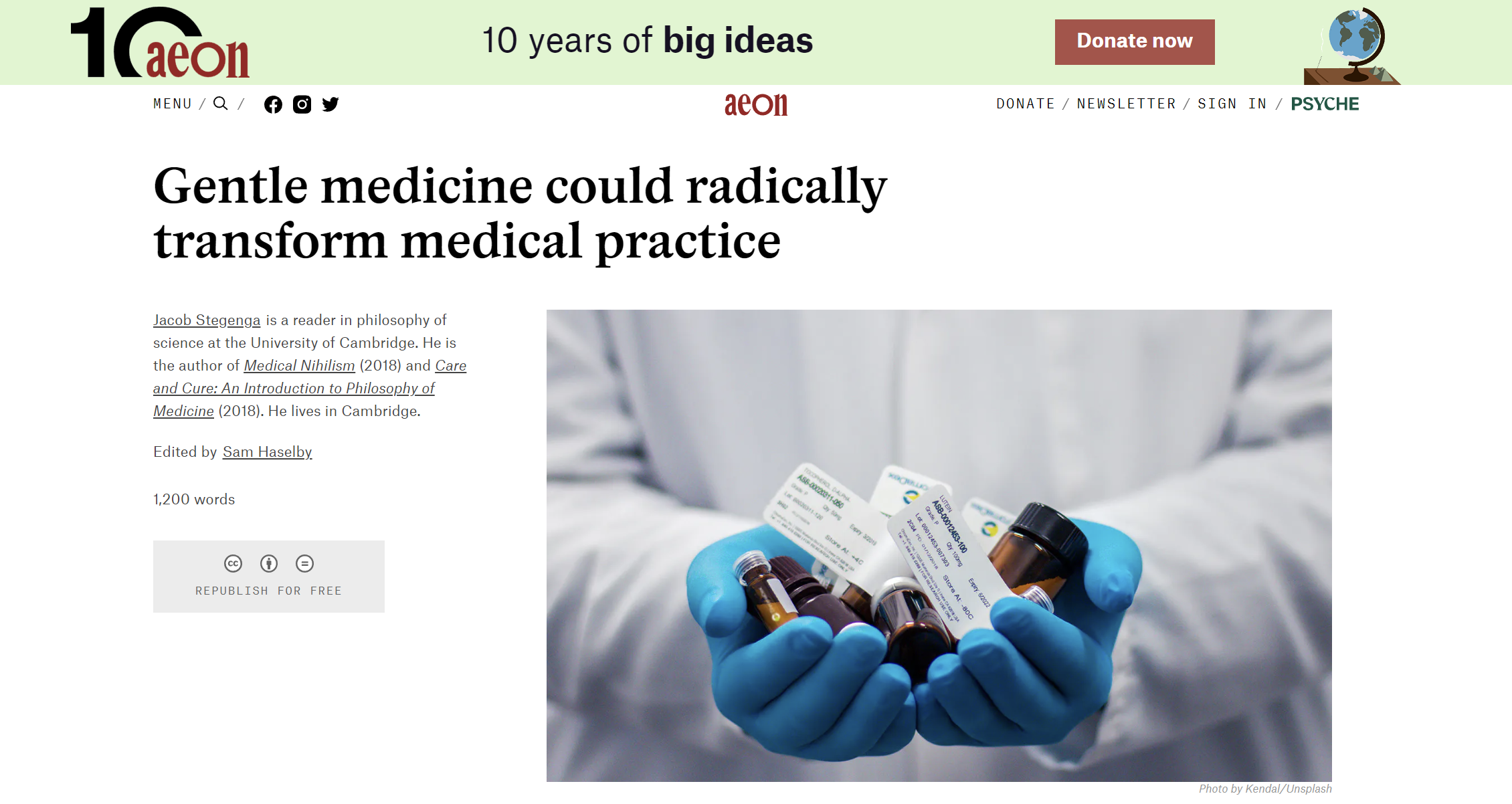¶
Bio¶
On this course, we learned some of basics of biology and its relation to design for emergent futures. We reviewed and explored concepts like microbiology, synthetic biology, proteins, or metabolism. We also relearned how to take samples and observe organism through a microscope. Although dense in content, the course was interesting and allowed students to begin a closer relationship with science even while coming from different backgrounds.
Growing bateria from a natural yeast medium.¶

As a first exercise, we grew bacteria to understand some of the basics of microbiology. Although a simple exercise, I was intrigued by the simple and ferocious power of bacteria. It’s capacity to grow “from nothing,” and to generate geometric patterns that portray nature’s perspective of life.
Producing bio-plastic from corn starch.¶

The process involved a number of early mistakes which forced us to iterate two times to achieve the desired result. Initially, we mixed all ingredients at the same time while disregarding hydrophobic characteristics of corn starch. That is, the starch did not mix well which left lumps on the material. Although the result was not unatractive at all, it was not what we had intended so we decided to repeat the experiment. This next time, we made sure to mix the corn starch with water well before adding it to the large mix. This allowed for a much more smoother and uniform material.
Article / Discussion¶

https://aeon.co/ideas/how-gentle-medicine-could-radically-transform-medical-practice
This article by Jacob Stegenga introduces a concept called Gentle Medicine, which suggests a change in perspective of distinct aspects of health such as clinical practice, research agenda, policies, regulations, and behavior. It implies that medication and intervention should come second, after prevention and natural treatment. It suggests that medicine is powerful and effective but should be taken in small doses and in particular circumstances, and promotes a strict diet and exercise regimen as an alternative pill. It also suggests that research agendas should be determined by the collective and not by companies that can profit from drugs that can bring little benefit for patients. The article suggests that more rigorous and comprehensive research is required for the development of drugs, medical programs and health concepts, including gentle medicine. ~ This particular section of the article was easier to digest after the course on Bio and Agri Zero given that I have now a richer context of how research is done in a scientific context. ~ Steganga introduces a research example of a drug discontinuation program that gives evidence to a case where administering less medication actually generated more health and wellbeing.
This is an interesting concept to explore. That is:
What are the true incentives in the health industry?
How can we ensure that pharmaceutical companies actually guarantee a mission for health and not for profit?
What is the potential of gentle medicine?
Can diet and exercise regimens have a greater impact than medicine?
How powerful is prevention?
How can bioplastics support a sterile ecosystem that depends on disposable products?
